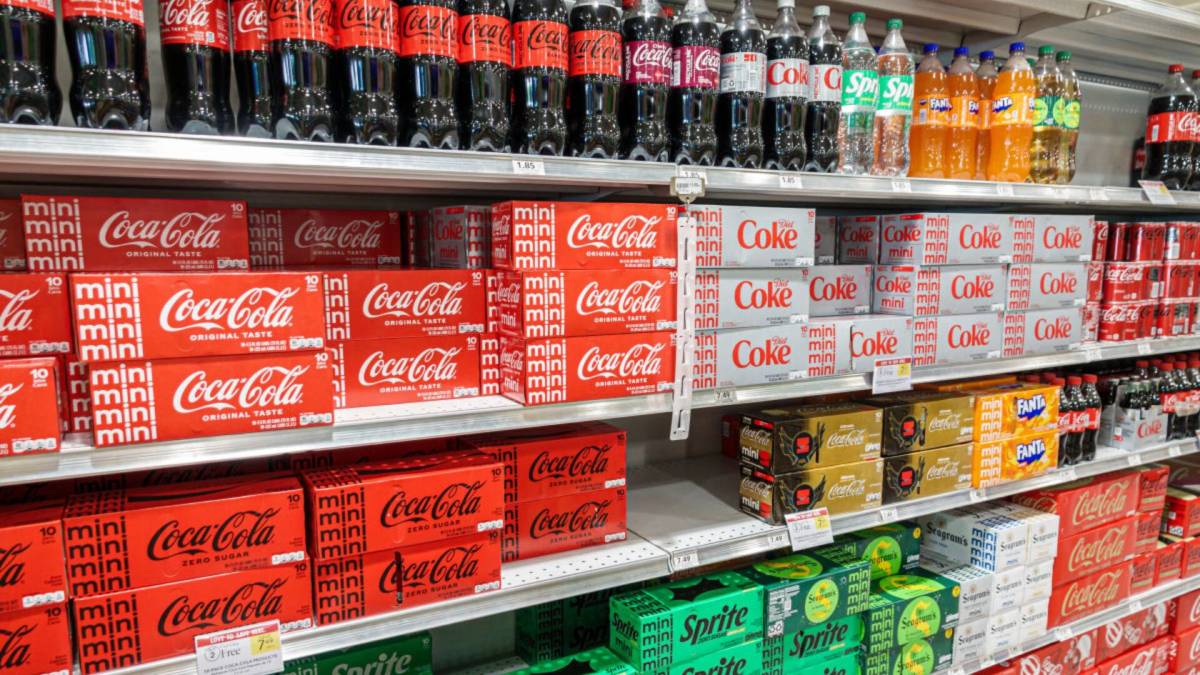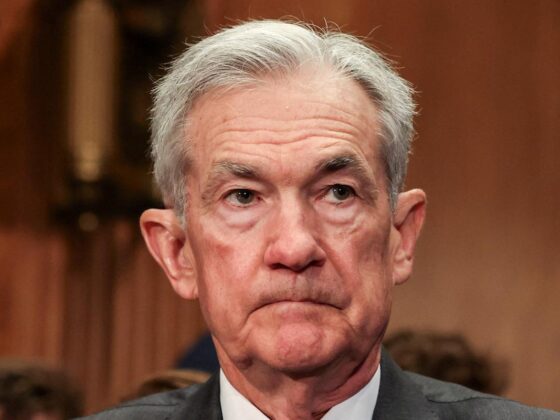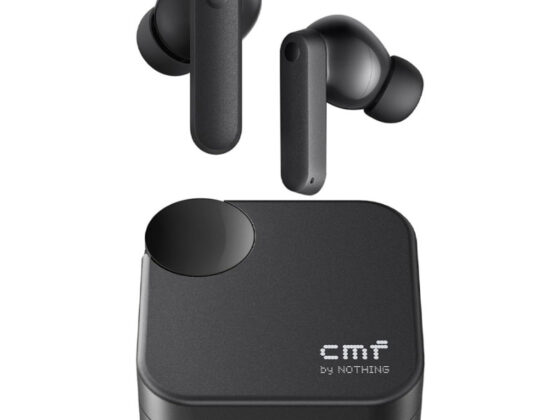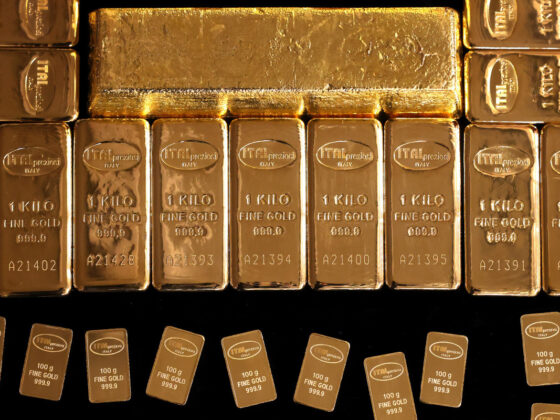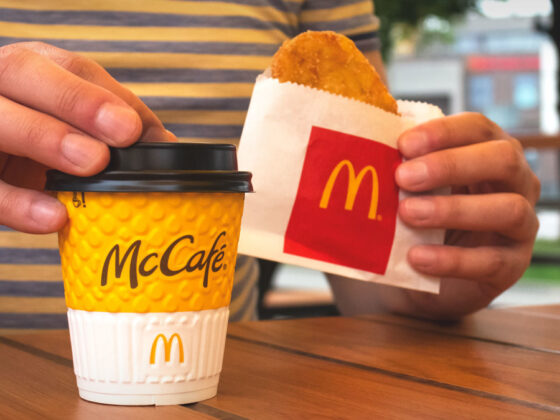Coca-Cola (KO) , which owns popular soda brands Diet Coke, Fanta, Sprite, and more, may soon make a significant change to its Coke beverages amid a growing consumer trend that the Trump administration has been supporting.
Recently, many consumers nationwide have become more health-conscious about the food and beverages they consume, a trend that gained increased momentum after the start of the Covid pandemic in 2020.
💵💰Don't miss the move: Subscribe to TheStreet's free daily newsletter 💰💵
According to a survey by the International Food Information Council last year, 79% of Americans consider whether a food product is processed when deciding to purchase it. Also, 63% of Americans avoid processed foods, while over half follow a vegan, vegetarian, or plant-based diet to be healthier.
Related: Coca-Cola suffers an alarming loss from major boycott
Over the past few years, food ingredients such as seed oils, synthetic dyes, high-fructose corn syrup, artificial sweeteners, etc., have faced sharp criticism from consumers on social media. Many have scrutinized these ingredients for being overly processed, contributing to inflammation in the body, and being linked to serious health issues such as cancer.
U.S. Secretary of Health and Human Services Robert F. Kennedy Jr. has even begun cracking down on these ingredients in food. Recently, he announced his goal to phase out synthetic dyes in food and beverages, which has prompted some food companies to change their ingredients.
“For too long, some food producers have been feeding Americans petroleum-based chemicals without their knowledge or consent,” said Kennedy in an April press release. “These poisonous compounds offer no nutritional benefit and pose real, measurable dangers to our children’s health and development. That era is coming to an end.”
Coca-Cola customers may see a major change, thanks to President Trump
Amid this push to remove concerning ingredients from food products. Coca-Cola may soon use cane sugar to sweeten its sodas. Currently, it uses high-fructose corn syrup as a sweetener in these products.
In a July 16 post on Truth Social, President Donald Trump said that he recently had a discussion with the company about making this change.
“I have been speaking to Coca-Cola about using REAL Cane Sugar in Coke in the United States, and they have agreed to do so,” wrote President Trump in the post. “I’d like to thank all of those in authority at Coca-Cola. This will be a very good move by them — You’ll see. It’s just better!”
Related: PepsiCo CEO addresses major customer concerns amid low sales
However, in a statement to NBC News, Coca-Cola did not confirm its decision to make this change and said that “more details” on its offerings will be shared soon.
“We appreciate President Trump's enthusiasm for our iconic Coca-Cola brand,” said a Coca-Cola spokesperson in the statement. “More details on new innovative offerings within our Coca-Cola product range will be shared soon.”
In 1984, Coca-Cola began rapidly increasing the use of high-fructose corn syrup in its soft drinks in the U.S.
While high-fructose corn syrup, which is made from corn, is a less expensive alternative to sugar, saving companies money, it is linked to major health concerns.
High fructose corn syrup consumption is considered more risky to human health than cane sugar due to its higher levels of CRP/inflammation. High fructose corn syrup has also been linked to obesity and fatty liver disease, since the liver metabolizes fructose.
Coca-Cola recently saw a startling change in customer behavior
If Coca-Cola decides to switch out high-fructose corn syrup for cane sugar in its soft drinks, it could help it win over health-conscious consumers during a time when its sales are struggling.
More Food + Dining:
- Papa Johns makes major menu change to win back customers
- Steak ‘n Shake’s beef tallow fries aren’t as healthy as they appear
- Chick-fil-A angers customers with major change in stores
During the first quarter of 2025, Coca-Cola saw its U.S. sales decrease by 4% year-over-year. The company’s unit case volume across the nation declined by 3%, which it claims is due to decreases in “trademark Coca-Cola and water, sports, coffee and tea.”
During an earnings call in April, Coca-Cola CEO James Quincey said the company is “not satisfied” with its recent volume performance in the U.S., flagging that a recent boycott from Hispanic consumers negatively impacted sales.
He also acknowledged that consumers nationwide are tightening their spending due to recent concerns about the economy and tariffs.
“I think some of the geopolitical tension was just causing people to be a little more cautious with their spend, a little less going out, a little more keeping the money in the pocket,” said Quincey.
Related: Corona beer owner raises red flag about alarming consumer trend

